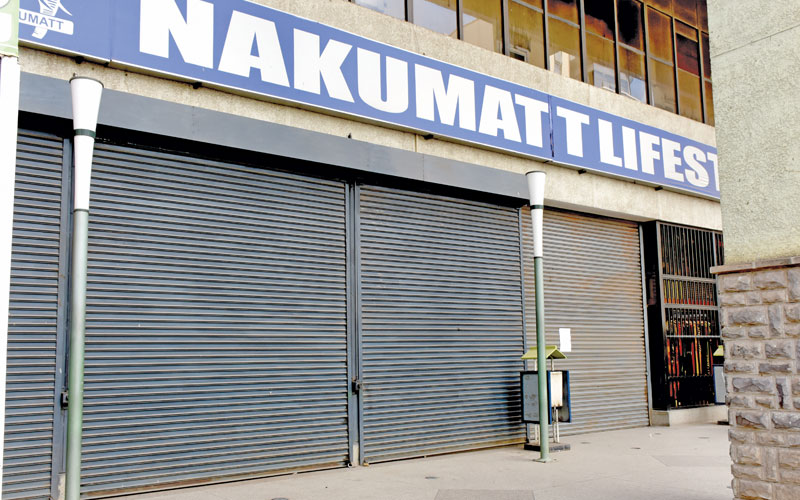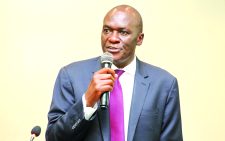Kenya’s business environment rankings have improved, but numerous challenges abound.The challenging environment and mismanagement issues have seen many companies fold as corruption and high taxation threaten remaining ones. Here are some companies on the brink, according to Soko directory, an on-line financial solution website and other agencies.
1. Chase Bank
Central Bank of Kenya placed the bank under receivership in 2016 due to what it described as ‘bad financial conditions’.
Rumours on social media of the institution’s shut down created tension among customers who flooded the banks to withdraw their cash, further fuelling its woes.
The bank was experiencing severe liquidity and capital deficiencies which made it unlikely to meet its financial obligations.
This saw the closure of all 62 Chase Bank branches until new management was put in place.
A special audit report by Deloitte released a month after the CBK placed the bank under receivership shows that former Chase Bank Kenya chairman Zafrullah Khan awarded himself a three-year consultancy contract for unspecified projects in the bank, 16 months before it collapsed on April 7, 2016.
2. Nakumatt
Problems at the once Kenya’s biggest retailer came to a head in January 2018 when High Court granted its request for protection from its creditors by going into voluntary administration.
The retailer, which expanded from a mattress shop in Nakuru town to have branches across Kenya and East Africa, was forced to shut more than a dozen outlets the previous as it struggled to repay its suppliers, landlords and other creditors.
The High Court approved the retailer’s application to appoint Peter Kahi an administrator.
After nearly two years, creditors last week voted to dissolve the former giant retailer, dimming any hopes of recovering Sh38 billion the supermarket owes creditors.
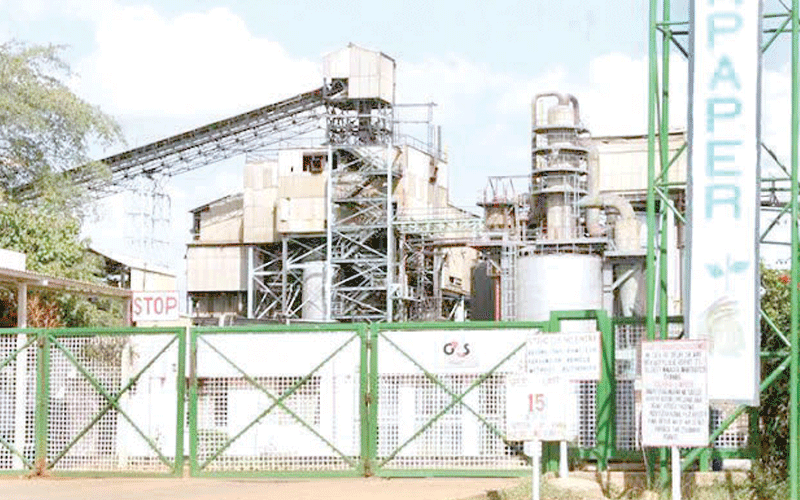
About 97 per cent of the 169 creditors present at the meeting in Nairobi supported the retail chain’s dissolution, formally ending the Nakumatt brand.
3. ARM Cement
In August 2018, ARM Cement, laden with losses and debts went under administration for a chance to revive its operations.
The company’s shares were suspended on the capital market following the move.
ARM’s net losses in the year ended December 2017 rose 2.3 times to Sh6.5 billion as short-term liabilities exceeded current assets by Sh13.4 billion.
Trouble for the company which was owned by the wealthy Paunrana family began in the first half of 2015 when it started incurring losses of over Sh20 billion amid stiff competition from other players in the region.
Some of its creditors were afraid that the company would not overcome the debt and placed ARM under administration of PricewaterhouseCoopers (PwC).
Last October, National Cement Company Ltd, a member of the Devki Group of Companies took over ARM’s assets and business for Sh5 billion.
4. Deacons East Africa
Troubled fashion and clothing retailer Deacons East Africa closed shop after 60 years following announcement of sale of its business and assets last year.
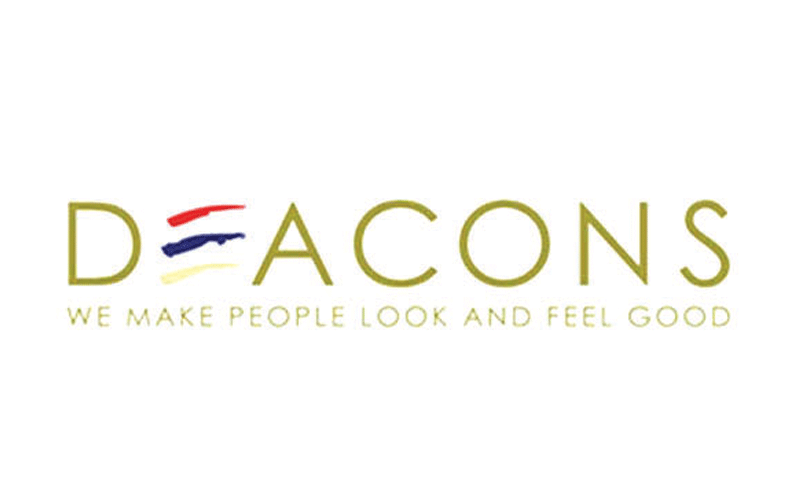
The joint administrators Peter Kahi and Atul Shah of audit and accounting firm PKF Consulting called on interested parties to put a bid through Dyer & Blair for businesses and assets of Deacons’ 4U2, Adidas, Bossini and FNF brands.
This is another company that went under the administration following massive losses that it attributed to the closure of one of its partners.
Following the move, the Capital Markets Authority suspended the trading of the company’s shares at the Nairobi Securities Exchange.
Trouble for the retailer had been piling fast owing to stiff competition from cheaper informal outlets, compounded by the closure of several major supermarkets which fed it with walk-in customers.
5. Karuturi
The horticulture sector suffered a major blow after the country’s largest flower farm Karuturi Ltd was placed under receivership in 2014.
Stanbic Holdings Plc took over the running of the Naivasha-based flower farm after failed to service a Sh383 million loan borrowed from the financial institution.
The fate of more than 3000 workers remained unclear as the company had failed to pay them for several months. Several developments later followed.
Last year, the flower farm lost its battle to have the Supreme Court put up an injunction to stop Stanbic Bank Plc from attaching itself to company assets as foreclosure to defaulted loans.
6. Kinangop Wind Park
First of all, this project would have been beneficial to the country’s economy, not just the residents of Nyandarua region.
In fact, it would have added to the country’s source of electric power – different from the hydroelectric type – significantly.
But due to various political and local involvement issues, Kinangop Wind Park limited (KWP) was placed under receivership with PwC in 2016 and the project never rose from the fall.
Landowners delayed the start of the project and in the end, investors pulled out of the initiative.
When the company later withdrew from the Sh15 billion wind power project, the assets and operations were seized by the liquidators. The project has since stalled and it only remains a dream.
7. Webuye’s Pan Paper Mills
Webuye’s Pan Paper Mills was placed under receivership in 2009, leading to over 1,500 workers losing their jobs.
The company had failed to pay its creditors more than 30 million US dollars. Negative interference from the government was not welcomed by the first receivers of the company, Kieran Day and Ian Small, who pulled out and left it to PwC.
The company would have otherwise collapsed if the billionaire Rai family hadn’t purchased it and paved way for its reopening.
The politics that surrounded the company gave a projection that there was no logical outcome, which would have been the case since the majority of firms going under receivership spell doom.
8. Spencon
In 2017, Spencon, a road construction firm was placed under administration over a massive debt to KCB Bank.
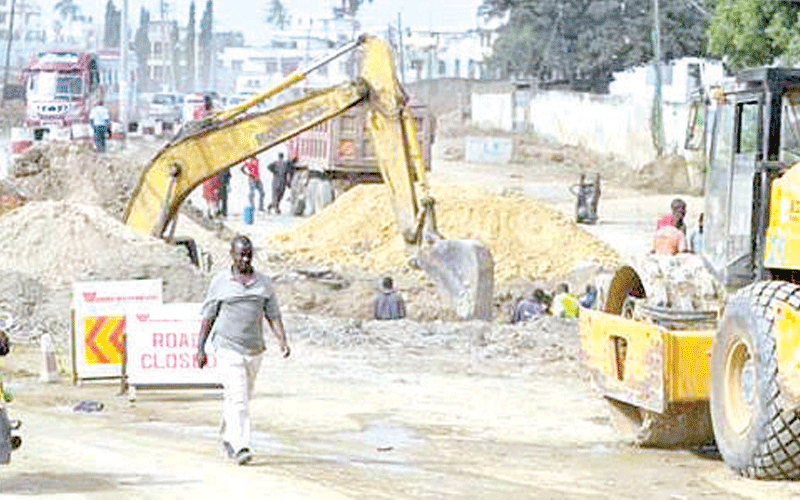
It took a loan of Sh802.5 million from KCB in August 2008, with the debt secured by its directors’ personal guarantees and several properties.
The lender in May 2014 asked for the immediate repayment of the outstanding sum of Sh871.2 million, sparking a drawn-out legal battle pitting the lender against Spencon’s directors who later left the company after selling it.
The company collapsed and laid off its workers. As of 2017, the company was still under administration and little was heard after the liquidator called other creditors for discussions on the liquidation of the company’s assets.
9. Mumias Sugar
Cash-strapped Mumias Sugar Ltd Company was placed under receivership late last year by KCB Group following the execution of a lender’s agreement deed dating back to September of 2010 to protect its assets and keep operations running.
The move by KCB follows approval by the court and consultations between the bank and inter-lenders who are owed an estimated sum of Sh6 billion by the troubled miller.
KCB Group featuring as the primary lender to the struggling sugar miller appointed PVR Rao as the sugar company’s receiver manager.
Mumias is the largest miller in Kenya and produced 40 per cent of local sugar.
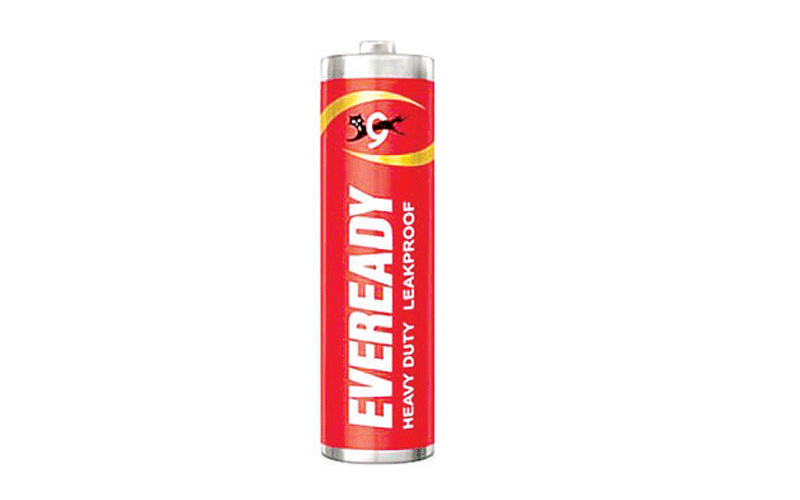
That was before death started stalking it, slowly sucking life out of it.Its operations were hampered by mismanagement, corruption, competition, and a growing hole in its books.
10. Eveready East Africa
The battery maker closed down its dry cell plant in Nakuru in 2014 after grappling with unrelenting competition from low-cost imports.
It marked the end of an era for the plant which relied on the battery business for up to 60 per cent of its revenues.
The company had taken a beating from cheap imported counterfeits that saw the plant operate at about 25 per cent of its capacity with its in the stock market value dipping by 34 per cent.
Its 20-acre plot is now transformed into a real estate development projected to be implemented by its subsidiary Flamingo (K) Ltd.
The company shut and opted to change its business model in a bid to survive and thrive again.

